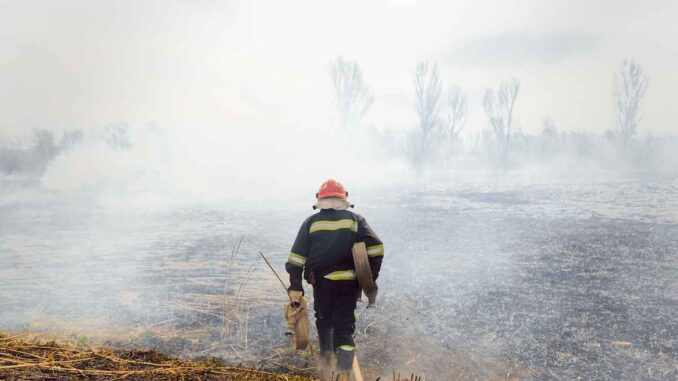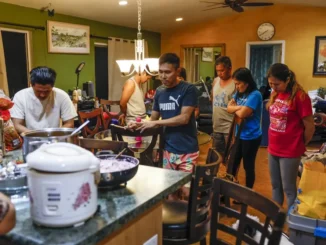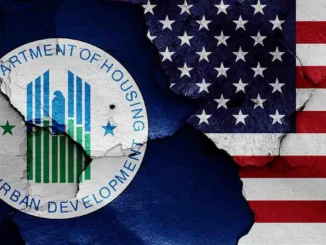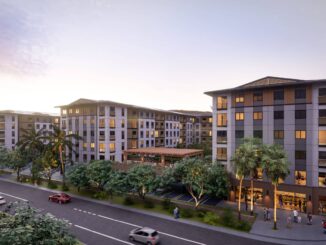
The devastation wrought by wildfires is exacerbating a long-running housing crisis on the island of Maui, pitting locals and Native Hawaiians — many of whom rent — against billionaires and real estate developers, the Washington Post reported Monday.
The future of Lahaina, an island community that is a spiritual and cultural capital, is of concern for many locals who are uncomfortable with the encroachment of wealthy outsiders. Tamara Paltin, who represents the area on the Maui County Council, said the crisis may accelerate a process where wealthy outsiders squeeze out locals by snapping up properties.
“If all those people from outside with a lot of resources come in and rebuild Lahaina the way they want it to be, it won’t be Lahaina anymore,” Paltin told the Post. “We don’t want to make it like Anywhere Else, USA.”
Last Tuesday and Wednesday, the fires destroyed approximately 3,000 structures, with Lahaina most acutely devastated by the disaster. As of late Monday night local time, the death toll stands at 99, but officials expect the figure to rise as searches continue.
Some locals are reluctant to talk to opportunistic real estate agents offering to buy fire-affected properties, the report said. Even before the crisis, rising property prices risked displacing locals and Native Hawiaiians, with Hawaii having the highest cost of living across U.S. states. A family of four earning less than $93,000, for example, would be considered low income.
“We want to make sure that we’re able to keep Lahaina Lahaina, and Lahaina strong,” Archie Kalepa, a Native Hawaiian community leader, told the Post. “We don’t want it to be Lahaina was.”
The Federal Emergency Management Agency (FEMA) has activated its disaster relief housing programs, which include providing funds for displaced residents to temporarily stay in hotels. A local real estate agent organization is also seeking out vacant vacation homes to lodge survivors.
FEMA Administrator Deanne Criswell, pledged to be “very creative” in the way the agency will exert its authority, acknowledging that disaster relief approaches on the U.S. mainland may not work in Hawaii. Bringing tiny homes or other transitional housing units to the island are on the table, but such relief isn’t likely to resolve longstanding housing problems.
As mega-fires continue to threaten communities amid climate change, the gap between rich and poor is expected to get wider, the report said. Native Hawaiian families whose houses were passed down through generations could experience significant financial strain: Many of these properties don’t have mortgages and thus aren’t required to have insurance.
The community is pulling together to combat changes that may affect their future on the island.
“When it’s time, we will all rebuild one day at a time,” said Doreen Buenconsejo, a Maui local whose parents lost their home, to the Post. “I know our community is so strong that we will pull together and help each other to clean up our lands.”



